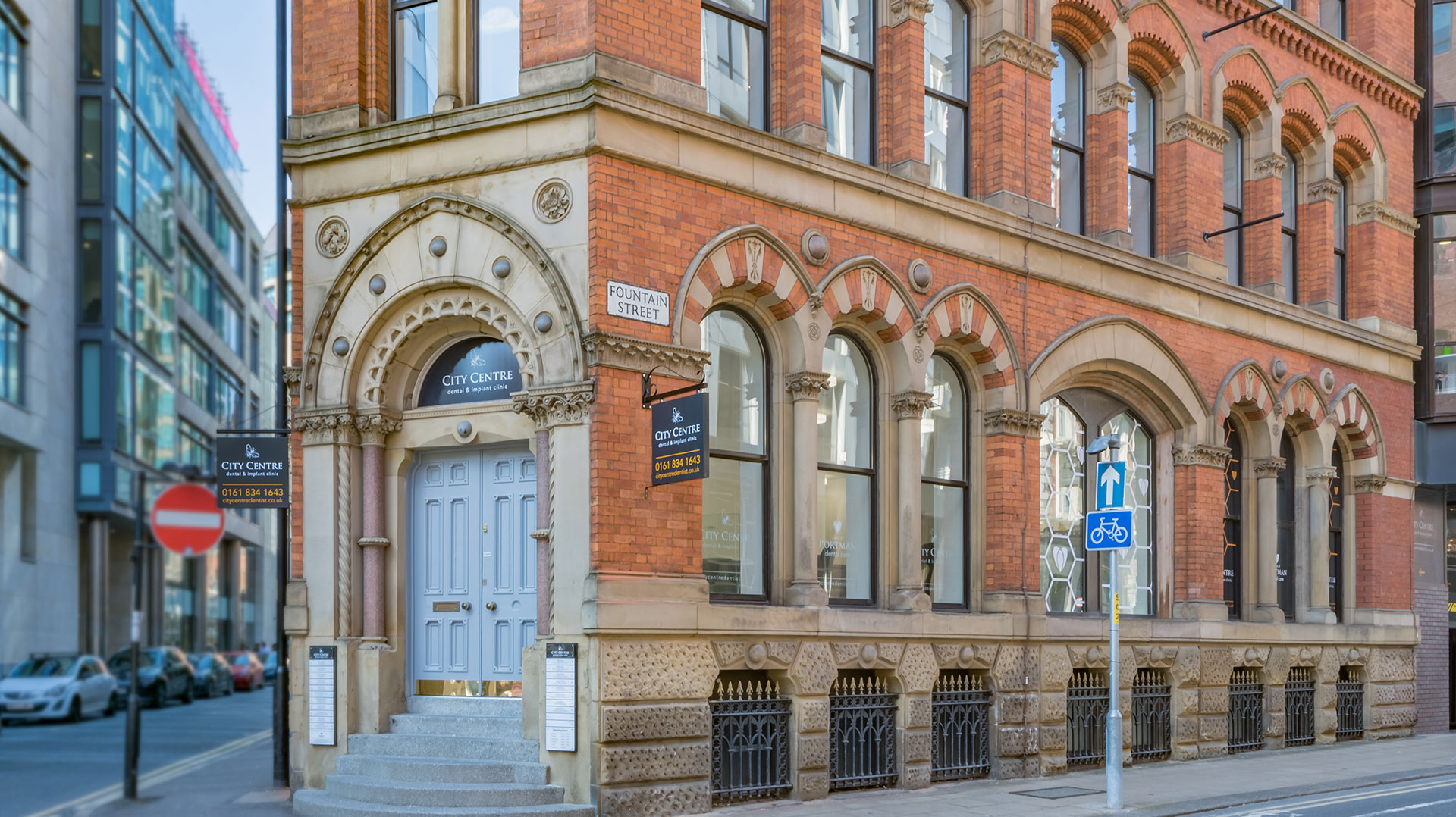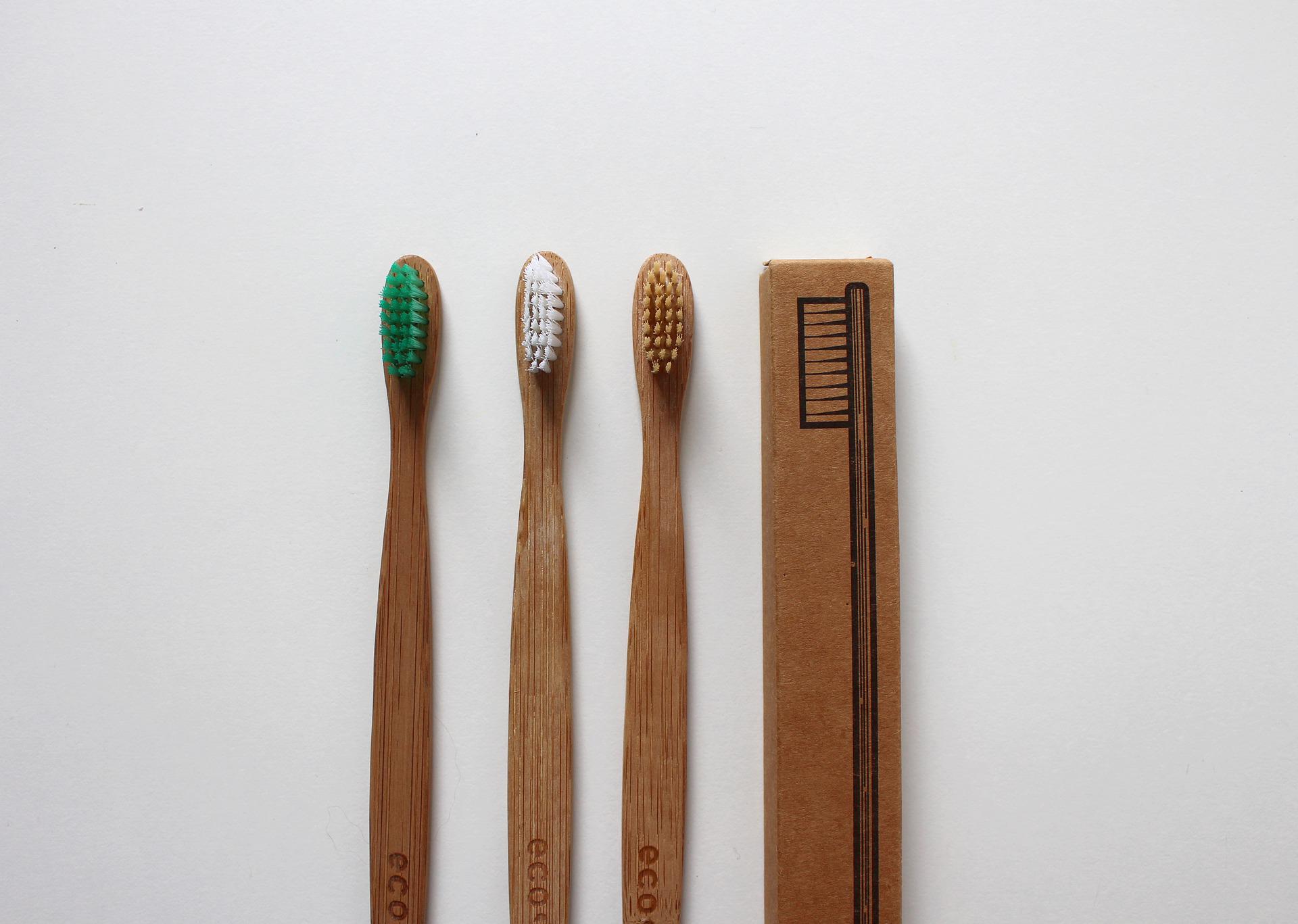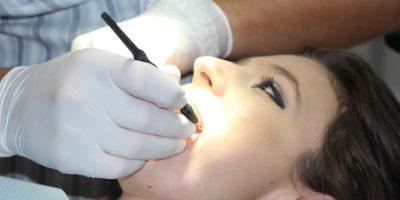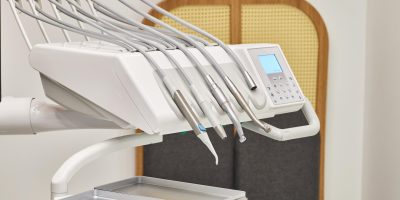-
Categorised as:
- Advice
Why do teeth chip and break?
Our teeth are really strong, but with the many stresses and strains that they have to endure, they can chip, crack or break.
Common cause of these breaks can include:
- Eating something hard
- Facial trauma following an accident
- Damage from sports
- Untreated cavities can cause a tooth to become brittle and break
- Old, large amalgam fillings, where the remaining structure of the natural tooth can become brittle over a period of time
Broken teeth may not necessarily cause immediate pain. If the break has travelled to the nerve, you might experience occasional discomfort when chewing, for example, or sensitivity to hot and cold. Whether you are in pain or not, all breaks should be investigated by your Manchester dentist as soon as possible in order to check the health and satiability of the tooth, and to provide necessary treatment to prevent further deterioration or problems.
What are treatments for broken teeth?
Teeth with minor chips on the edges usually don’t cause any pain or problems, but your dentist may suggest a tooth repair by smoothing the edge and inserting a tooth-coloured filling. This will prevent the rough edge from cutting your lips or tongue.
Heavily fractured and seriously broken teeth may require more complex treatments, as these problems may be due to a cavity. A large cavity can cause fractures and breaks and, if left, will become extremely painful. Tooth cavities can also cause infections along the exposed gum line and pulp (root canal, nerves and connective tissue). In cases such as these, root canal treatment may be necessary. Cracks and breaks can also expose your nerve endings, making the teeth sensitive to hot and cold air and foods.
Root canal treatment isn’t always necessary for cracked and chipped teeth. Where there’s no pain or infection, cracks can be filled and bound together with a specialised tooth cement, while a broken tooth will be fixed with a crown. Dental crowns are also used as part of the treatment for other types of splits and breaks, such as broken cusps, split roots or vertical breaks, split molars, and as a precaution against further cracks. As a last resort, if your tooth has decayed from the inside-out and is irrevocably broken, your Portman dentist may recommend that your tooth is removed.
A cracked or broken tooth may not be noticeable or necessarily hurt, but just because it’s not causing any trouble doesn’t mean you should ignore it. No matter how minor you think it may be, its part of a good oral health routine to have any abnormalities investigated by your Portman dentist. Infections can arise quickly, so you want to make sure that you get the correct treatment as soon as possible. With regular check ups and discussions with your dentist, you can stop fractures and cracks from developing into problems.
What should you do if you break your tooth?
If you’ve fractured or broken a tooth, follow these steps immediately before booking an appointment with your dentist.
- Rinse your mouth out with warm water
- Apply pressure on any bleeding areas using gauze or a wet teabag
- Apply an icepack to your cheek if there’s any swelling
- If you have access to it, cover any major cracks with temporary dental cement
- If it’s painful, use an over the counter pain reliever such as paracetamol (unless your GP has advised otherwise)
- Cover any broken teeth with milk, saliva or saline solution
If your tooth is broken, make sure you don’t brush it, and make an appointment to see your dentist as soon as possible. Your dentist will discuss with you the best method of repairing the break, which could be one or a combination of fillings, crowns and root canal treatments.
Meet our team
-

Gemma Cowen
Dental Therapist
-

Sarah Kininga
Dental Nurse
-

Dewi Emberton
Receptionist
-
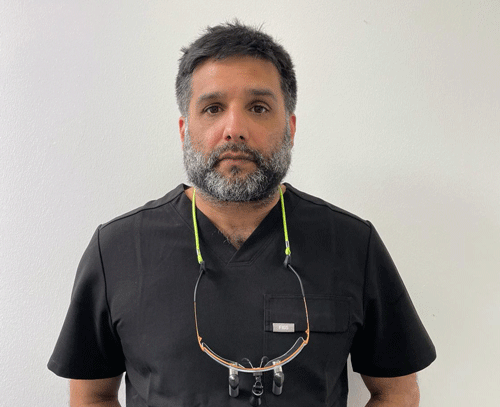
Anil Mangat
Special interest in Periodontology

.



Anil qualified in 2001 from Cardiff University Dental School and worked in a range of dental practices in Cornwall, South Wales and Sheffield as a general dental practitioner. He was always interested in treatment of gum disease. In 2017, he undertook a 3-year MSc in clinical Periodontology at the University of Central Lancashire, qualifying in 2020.
Anil has been accepting Periodontal referrals since 2018 and undertaken and range of treatments including:
• surgical and non-surgical Root surface debridement, • surgical periodontal regeneration,
• adjunctive antibiotics for treatment of severe, non-responsive gum disease.
• Management of occlusal trauma (uneven biting forces can loosen teeth, particularly in those who clench or grind their teeth).
• Splinting of loose teeth. • crown lengthening including treatment of gummy smile (for suitable cases),
• Coordinating treatment planning with restorative, orthodontic or implant treatment where stabilisation of gum condition and accurate prognosis is needed.
Anil has a keen interest in teaching. He spent time as dental foundation trainer, mentoring newly qualified dentists through their first year in Practice and is currently an honorary clinical lecturer at Sheffield University Dental School, supporting 4th and 5th year undergraduates. He has acted as an examiner for the GDC’s Overseas registrants’ examinations.
Outside of work, Anil enjoys Hockey (though more coaching than playing these days), cycling, films and music and a trip to the gym.
Contact us today to arrange your next dental appointment in Manchester
How to find us
Our practice is located in the heart of Manchester City Centre. You can find us at 31 Booth St, Manchester, M2 4AF, where we’ll be providing fantastic state-of-the-art services in a purpose-built space in a beautiful listed building. We look forward to seeing you soon.
Parking information & accessibility
Our practice is fully accessible, meaning that regardless of your mobility, we can welcome you into practice, please contact us for further information about our access. If you are travelling by car, we are within close proximity to the chargeable NCP car park at Piccadilly Plaza. Alternatively, there are number of tram and bus stops, which are just a short walk away.
